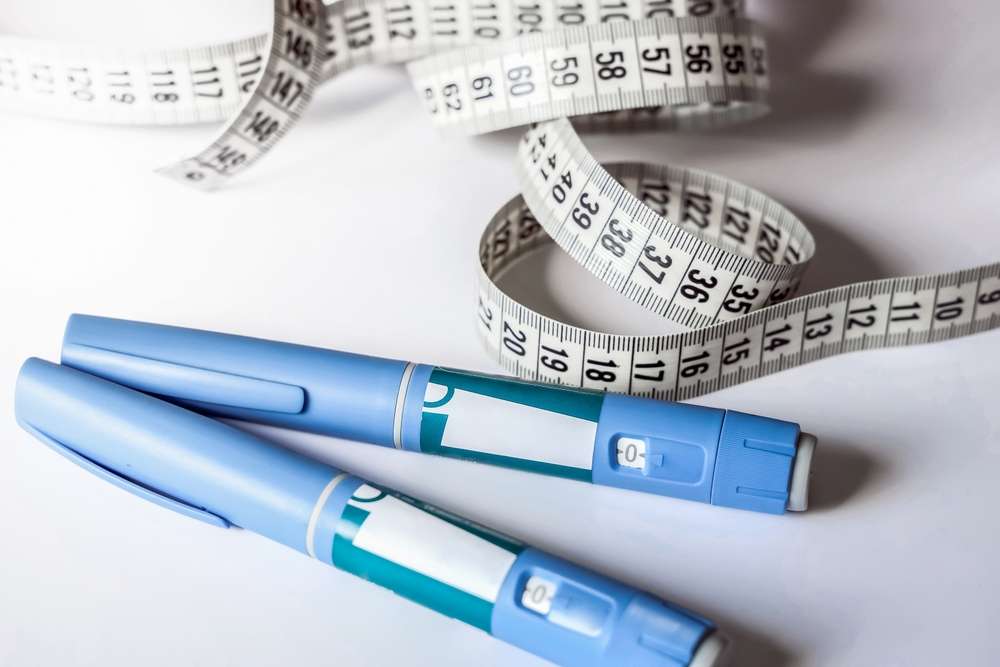Understanding Kidney Disease: Causes, Signs, and Prevention Methods
Kidney disease affects millions worldwide and can develop silently over years before symptoms appear. Understanding the various causes, including certain medications, recognizing early warning signs, and knowing prevention strategies are crucial for maintaining kidney health. This comprehensive guide explores medication-induced kidney damage, symptom recognition, monitoring programs, and effective prevention approaches to help protect your kidney function throughout life.

Kidney disease represents one of the most significant health challenges globally, affecting approximately 10% of the world’s population. The kidneys play a vital role in filtering waste products, regulating blood pressure, and maintaining electrolyte balance. When kidney function declines, it can lead to serious complications affecting multiple organ systems. Early detection and proper management are essential for slowing disease progression and maintaining quality of life.
What are medications that can cause kidney disease?
Certain medications pose significant risks to kidney health when used inappropriately or for extended periods. Nonsteroidal anti-inflammatory drugs (NSAIDs) like ibuprofen and naproxen can reduce blood flow to the kidneys, particularly dangerous for individuals with existing kidney problems or dehydration. Antibiotics such as aminoglycosides, including gentamicin and tobramycin, can cause direct kidney cell damage when used in high doses or for prolonged periods.
ACE inhibitors and ARBs, while generally protective for kidneys, can occasionally cause acute kidney injury in patients with severe dehydration or bilateral renal artery stenosis. Contrast dyes used in imaging procedures can trigger contrast-induced nephropathy, especially in patients with diabetes or pre-existing kidney disease. Chemotherapy agents like cisplatin and methotrexate are known nephrotoxic medications requiring careful monitoring during treatment.
How to recognize the signs and symptoms of kidney disease
Early-stage kidney disease often presents with subtle or no symptoms, earning it the nickname “silent killer.” However, several warning signs may indicate declining kidney function. Changes in urination patterns, including increased frequency at night, foamy or bloody urine, or difficulty urinating, warrant medical attention. Persistent fatigue and weakness may result from the kidneys’ reduced ability to produce erythropoietin, a hormone stimulating red blood cell production.
Swelling in the legs, ankles, feet, or face occurs when kidneys cannot effectively remove excess fluid from the body. Shortness of breath may develop due to fluid accumulation in the lungs or anemia. Other symptoms include persistent itching, metallic taste in the mouth, nausea, vomiting, and difficulty concentrating. High blood pressure that becomes difficult to control may also signal kidney problems.
What are related programs for kidney health monitoring?
Several programs and initiatives focus on kidney health monitoring and early detection. The National Kidney Foundation’s Kidney Early Evaluation Program (KEEP) provides free health screenings for at-risk individuals, including blood pressure checks, urine tests, and blood tests to assess kidney function. The Chronic Kidney Disease Education Program offers resources for healthcare providers and patients to improve disease management.
Many healthcare systems have implemented chronic kidney disease management programs that include regular monitoring of kidney function through estimated glomerular filtration rate (eGFR) testing and urine albumin measurements. Diabetes and hypertension management programs often incorporate kidney health monitoring since these conditions are leading causes of kidney disease. Workplace wellness programs increasingly include kidney health screenings as part of comprehensive health assessments.
How can medication-induced kidney damage be prevented?
Preventing medication-induced kidney damage requires a multifaceted approach involving healthcare providers, patients, and pharmacists. Healthcare providers should conduct thorough medication reviews, considering each patient’s kidney function before prescribing potentially nephrotoxic drugs. Regular monitoring of kidney function through blood tests becomes essential when patients require medications known to affect the kidneys.
Patients should maintain updated medication lists and inform all healthcare providers about their complete medication regimen, including over-the-counter drugs and supplements. Staying adequately hydrated helps protect kidneys from medication-related damage, particularly when taking NSAIDs or receiving contrast dyes. Avoiding unnecessary medications and following prescribed dosages exactly as directed reduces the risk of kidney injury.
| Prevention Strategy | Implementation | Effectiveness Level |
|---|---|---|
| Regular kidney function monitoring | Blood tests every 6-12 months for at-risk patients | High |
| Medication review and adjustment | Healthcare provider assessment of all medications | High |
| Adequate hydration maintenance | 8-10 glasses of water daily, more during illness | Moderate to High |
| Avoiding unnecessary NSAIDs | Use alternatives like acetaminophen when appropriate | High |
| Patient education programs | Understanding medication risks and proper usage | Moderate |
Healthcare providers play a crucial role in preventing medication-induced kidney damage by carefully weighing the benefits and risks of potentially nephrotoxic medications. Alternative treatment options should be considered when possible, and the lowest effective doses should be used for the shortest duration necessary. Patient education about medication risks and proper usage helps individuals make informed decisions about their treatment.
Kidney disease prevention and management require ongoing commitment from both patients and healthcare providers. Understanding medication risks, recognizing early symptoms, participating in monitoring programs, and implementing prevention strategies can significantly impact kidney health outcomes. Regular communication with healthcare providers and adherence to recommended monitoring schedules remain essential components of comprehensive kidney care.
This article is for informational purposes only and should not be considered medical advice. Please consult a qualified healthcare professional for personalized guidance and treatment.




